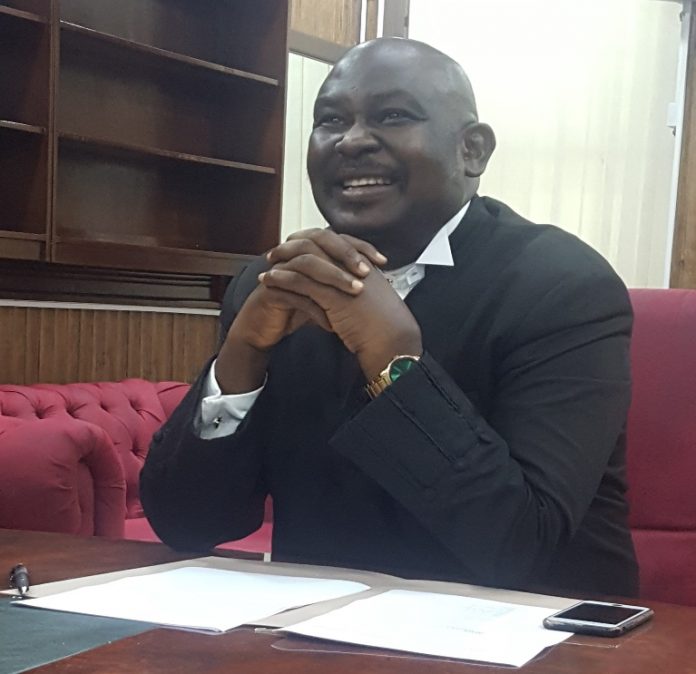By Elkass Sannoh
His Lordship, the Chief Justice of Sierra Leone, Justice Desmond Babatunde Edwards on the 4th February 2021 disclosed that the commencement of the Court connected Alternative Dispute Resolution (ADR) in 2010 has helped in reducing the time taken to complete commercial disputes in the country.
The Chief Justice was addressing a virtual conference on reviewing the Gambia Court connected ADR System. The virtual conference was held at the Ocean Bay Hotel and brought together twenty four (24) eminent Justices across Africa; the Gambia Bar Association President; six (6) Principal Magistrates in Gambia and the Resident Representatives of the World Bank and UNDP in The Gambia and host of other senior State functionaries.
Speaking on the theme, “The Reviewing of the Gambia Court Connected Alternate Dispute Resolution System,” the Chief Justice said the holding of the conference, as part of the opening of the Judicial Year of The Gambia, was most laudable.
He said the relationship between The Gambia and Sierra Leone had been a fruitful one ever since the 1980s with lawyers and Judges serving time in each other’s arena.
He mentioned Justice Nicholas Browne-Marke (JSC), a member of the current Supreme Court of The Gambia while Justice Semega Janneh was also a Justice of the Supreme Court of Sierra Leone before now.
Justice Mary Sey, a member of the current Supreme Court of The Gambia was a High Court Judge in Sierra Leone before now.
Whilst thanking his colleague Chief Justice of The Gambia, His Lordship Hon. Justice Hassan B Jallow and the Gambian Judiciary for creating the platform for Sierra Leone to participate in reviewing The Gambia Court connected ADR System, he said gone are the days when the opening of the Judicial year of Sierra Leone or the Gambia was just an occasion of just pomp and pageantry with just the inspection of the guard of honour mounted for the Chief Justice and the usual call over of cases without any other meaningful Justice transforming event.
Highlighting the importance of the Fast Track Commercial and Admiralty Court, the Chief Justice said the Court was established as one of the divisions of the High Court firstly under the Constitutional Instrument No. 1 of 2007 and most recently under the High Court Divisional Order Constitutional Instrument No 4 of 2019 under which its current rules Constitutional Instrument No 2 of 2020 are made.
“The court by the said rules is mandated to hear every commercial claim reference to disputes in trade or commerce where the claim is Le50,000,000,00 (Fifty million Leones) or more,” he said.
He stated that the objective for establishing The Fast Track Commercial Court was to expedite the effective, efficient and just disposal of claims in trade or commerce in order to promote trade investments and other economic activities in the country.
Central to this objective, the Chief Justice continued, “is a mandatory pre-settlement hearing or conference which means that every case brought to the Fast Track Commercial Court must commence with a Court connected ADR process which would last only for 14 days or by extension, where the prospects look good that the parties would settle the dispute, not more than 21 days.” According to him, this means that an action brought by a litigant under the Commercial Court, Court Connected ADR system can be completed within 21days.
He went on further to say that during a connected ADR, otherwise called mandatory pre-trial settlement conference the pre-trial judge transforms from the usual adjudicator to a mediator wherein he should be able to assist and guide the parties towards an amicable settlement/agreement on the case after pleadings are closed as the first step in any litigation brought before the fast track commercial court.
“The agreed solution or consent proposal is then adopted by the court carrying with it it’s coercive powers in case any of the parties renege on the agreement,” the Chief Justice said, stressing that, “where settlement fails the usual court processes will follow but this time the file being transferred to a trial judge who must complete the case before 6 months.”





